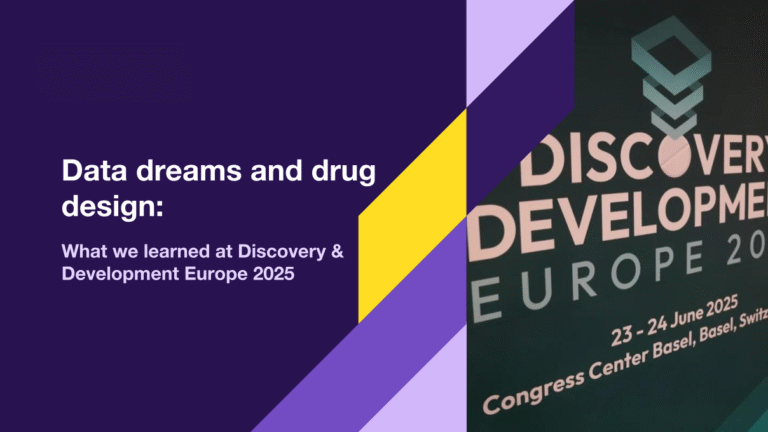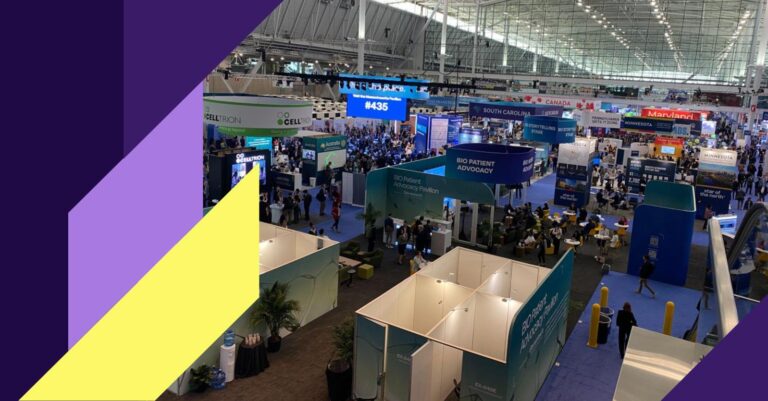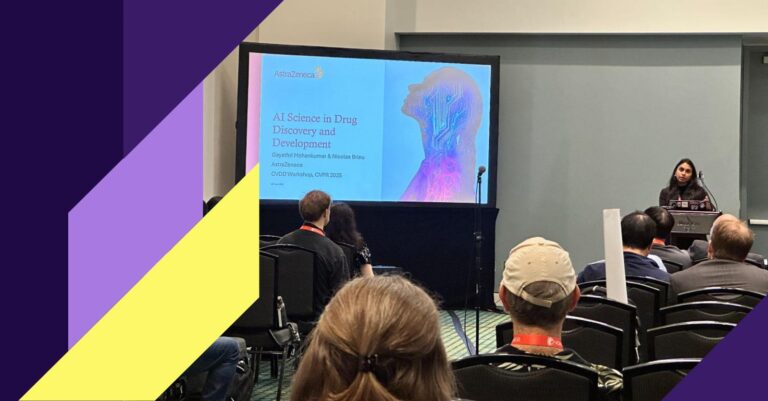In the face of the growing pandemic, scientists all over the world must join forces and try to use all available resources to fight the unknown enemy. The microbiome is already present in our minds as an undeniable player in the diagnosis and treatment of different diseases and could aid in fighting viral threats. Decoding the potential behind the microbiome using metagenomic data is a complex problem that is addressed by Ardigen’s Microbiome Translational Platform.
Novel coronavirus (SARS-CoV-2) has emerged in the city of Wuhan, in the Chinese province of Hubei in November 2019. It had already infected almost 200,000 individuals, and had spread to over 150 countries (to date of publication 18th March 2020). This occurrence continues to challenge the current science.
In a very short period of time, scientists worldwide raised their forces to decipher, fight and defeat the new enemy. From collecting samples it has taken only a week to generate genome comparisons and evolutionary analyses as described below.
Key event leading to the identification of SARS-CoV-2 [1]:
– 2nd January 2020. Obtained BALF samples from two patients with unusual pneumonia.
– 3rd January 2020. Performed SARS-specific RT-PCR assay, yielded partial RdRp fragment, and revealed potential pathogen.
– 4th January 2020. Extended RdRp fragments and obtained more genome fragments, and started mNGS RNA library preparation
– 5th January 2020. Completed mNGS RNA library preparation.
– 6th January 2020. Started mNGS sequencing on MiSeq platform.
– 7th January 2020. Received sequencing data, started pathogen identification pipeline, obtained virus genome sequence, corrected the genome end with mapping, identified 2019-nCoV as the sole pathogen, and revealed that the final CoV genome was 29,881 nt.
– 8th January 2020. Performed genome comparisons and evolutionary analyses.
It is now a matter of time until scientists are able to fully understand the mechanisms of action, evolution, and interaction with other microorganisms in the human body.
As Ardigen continues to develop the Microbiome Translational Platform microbiome and its interactions with the host are one of our main areas of interest. Up to date a number of publications and a clinical trial have suggested the link between SARS-CoV-2 and the host microbiota.
Firstly, Shen et al., 2020 investigated interactions between the virus and other microorganisms in the lung. The group conducted metatranscriptome sequencing for the bronchoalveolar lavage fluid of 8 SARS-CoV-2 patients, 25 community-acquired pneumonia (CAP) patients, and 20 healthy controls. The microbiota in SARS-CoV-2 infected patients was similar to those in CAP, either dominated by the pathogens or with elevated levels of oral and upper respiratory commensal bacteria. As a result, they have seen that the microbial diversity was significantly lower in pneumonia patients than that in healthy controls, but no specific microbiota pattern was identified among COVID-19 patients and CAP patients. A possible reason for this could be the use of antibiotics in pneumonia patients. [4]
Manning et al., 2020 successfully used metagenomic next-generation sequencing on an iSeq100 Illumina platform paired with an open-source bioinformatics pipeline to quickly characterize Cambodia’s first case of COVID-2019. While COVID-19 cases are not limited to one remote region, as is often the case with viral hemorrhagic fever outbreaks, sequenced samples from all countries will be essential for global disease containment. The group stated that instead of being limited to consensus Sanger sequencing, which may not detect high-risk quasispecies, metagenomics is a powerful approach to detect variants of both novel and known species as epidemics evolve. Overall, agnostic or unbiased metagenomic sequencing capabilities in-country provide the ability to detect and respond to a variety of pathogens, even those that are unanticipated or unknown. Bridging of existing local and global resources for sequencing and analysis will allow for better real-time local surveillance, while also enabling better health pursuits overall, not just during outbreaks. [3]
Ardigen’s Microbiome Translational Platform – an approach to decode the potential behind metagenomic data.
The technology Ardigen develops is dedicated to designing treatments based on datasets like the one generated in a clinical trial by Faming Zhang for a treatment of gut dysbiosis in patients with coronavirus pneumonia with Washed Microbiota Transplantation (The Second Hospital of Nanjing Medical University, NCT04251767). Some of patients would develop secondary bacterial infections and antibiotic-associated diarrhoea (AAD). The group reported that using washed microbiota transplantation (WMT) as a rescue therapy in critically ill patients with AAD demonstrated the important clinical benefits and safety of that method. This clinical trial aims to evaluate the outcome of WMT combined with standard therapy for patients with 2019-novel coronavirus pneumonia, especially for those with dysbiosis-related conditions. [2]
Conclusion
As demonstrated above, the microbiome is a powerful resource, not only for research and diagnosis of virus-based diseases but also as a supplementary treatment for milder courses and faster recovery from COVID19. We, at Ardigen, believe that the use of metagenomic data could substantially aid the translational research on SARS-CoV-2.
We are armed with and ready to help!
References [alphabetical order]:
Chen L, Liu W, Zhang Q, Xu K, Ye G, Wu W, Sun Z, Liu F, Wu K, Zhong B1, Mei Y, Zhang W, Chen Y, Li Y, Shi M, Lan K, Liu Y. RNA based mNGS approach identifies a novel human coronavirus from two individual pneumonia cases in 2019 Wuhan outbreak. Emerg Microbes Infect. 2020 Dec;9(1):313-319. doi: 10.1080/22221751.2020.1725399.
Clinical trial NCT04251767: https://clinicaltrials.gov/ct2/show/NCT04251767?cond=%22wuhan+coronavirus%22&draw=2
Jessica E. Manning, Jennifer A. Bohl, Sreyngim Lay, Sophana Chea, Ly Sovann, Yi Sengdoeurn, Seng Heng, Chan Vuthy, Katrina Kalantar, Vida Ahyong, Michelle Tan, Jonathan Sheu, Cristina M. Tato, Joseph L. DeRisi, Laurence Baril, Veasna Duong, Philippe Dussart, Erik A. Karlsson. Rapid metagenomic characterization of a case of imported COVID-19 in Cambodia. March 05, 2020, bioRxiv, doi: 10.1101/2020.03.02.968818
Shen Z, Xiao Y, Kang L, Ma W, Shi L, Zhang L, Zhou Z, Yang J, Zhong J, Yang D, Guo L, Zhang G, Li H, Xu Y, Chen M, Gao Z, Wang J, Ren L, Li M. Genomic diversity of SARS-CoV-2 in Coronavirus Disease 2019 patients. Clin Infect Dis. 2020 Mar 4. pii: ciaa203. doi: 10.1093/cid/ciaa203. [Epub ahead of print]




